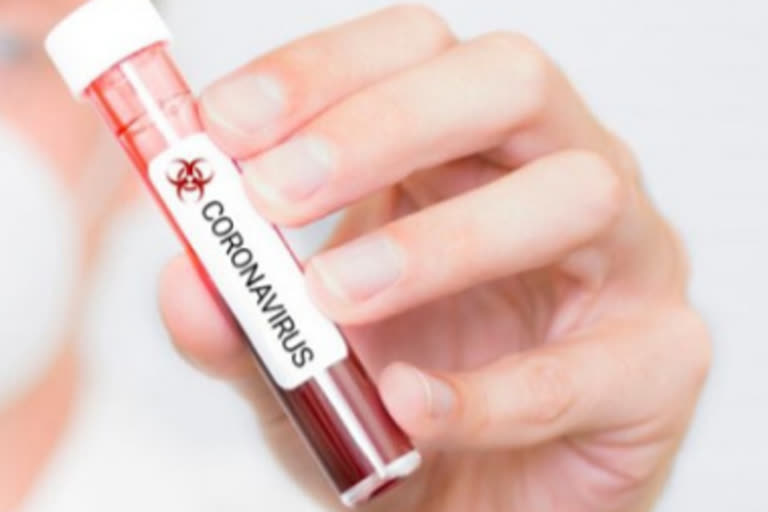New York: As governments across the world frantically look for a treatment for COVID-19, researchers at the University of Pittsburgh's School of Medicine have announced a potential vaccine against SARS-CoV-2, the new coronavirus causing the COVID-19 pandemic, after successful animal tests.
When tested in mice, the vaccine -- delivered through a fingertip-sized patch -- produced antibodies specific to SARS-CoV-2 at quantities thought to be sufficient for neutralizing the virus, said the team in a paper appeared on EBioMedicine which is published by The Lancet.
Read also:In my blood, there may be answers: Coronavirus survivor
The authors are in the process of applying for an investigational new drug (IND) approval from the US Food and Drug Administration (FDA) in anticipation of starting a phase I human clinical trial in the next few months.
If successful after human trials, the vaccine will still take more than a year to reach the market.
The team had previous experience on SARS-CoV in 2003 and MERS-CoV in 2014.
Read also:Trump tests COVID-19 negative for second time
"These two viruses, which are closely related to SARS-CoV-2, teach us that a particular protein, called a spike protein, is important for inducing immunity against the virus. We knew exactly where to fight this new virus," said co-senior author Andrea Gambotto, associate professor of surgery at the Pitt School of Medicine.
"Our ability to rapidly develop this vaccine was a result of scientists with expertise in diverse areas of research working together with a common goal," added study co-senior author Louis Falo, professor and chair of dermatology at Pitt's School of Medicine.
Compared to the experimental mRNA vaccine candidate that just entered clinical trials, the vaccine called "PittCoVacc" (short for Pittsburgh CoronaVirus Vaccine) follows a more established approach, using lab-made pieces of viral protein to build immunity.
When tested in mice, PittCoVacc generated a surge of antibodies against SARS-CoV-2 within two weeks of the microneedle prick.
The researchers used a novel approach to deliver the drug, called a microneedle array, to increase potency.
